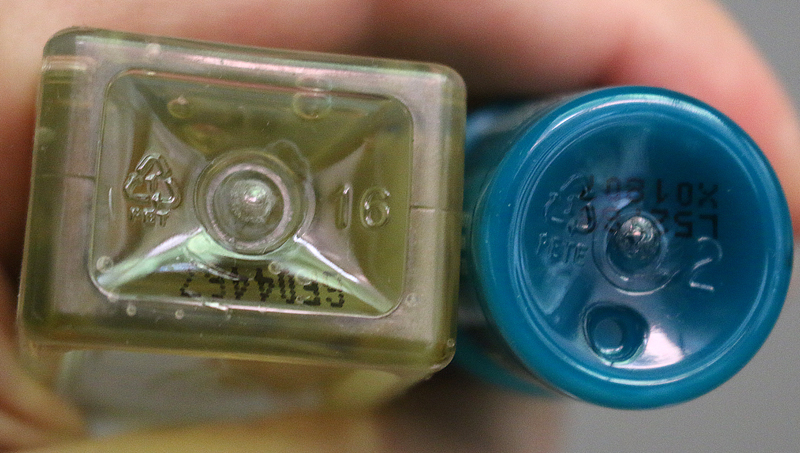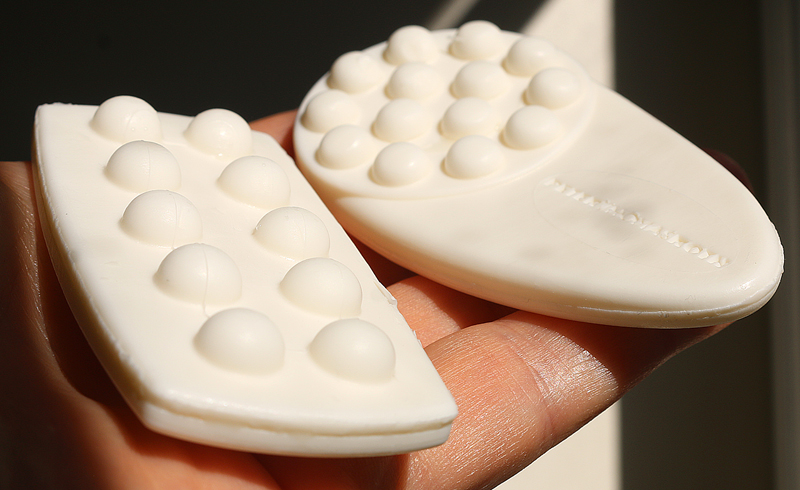The current 2019 Novel Coronavirus pandemic has underscored how properly washing hands on a regular basis has become paramount in promoting good health in order to prevent the spread of disease — or at least slow it down — and through the efforts of an organization called Clean the World, more people around the world have access to soap and other cleaning products in order to maintain good hygienic practices.
Earth Day 2020: Clean the World by Recycling Used Soap and Plastic Bottles

Thousands of bars of used soap — as well as small plastic bottles of toiletries such as shampoo, conditioner, body lotion, mouthwash and skin cream — can be discarded from one single hotel property daily. Clean the World gives those discarded soap bars and plastic bottles a second life — and managers can enroll the hotel property at which they are employed in this hotel recycling program to help save the environment.
In addition, multinational lodging companies have been partners in this program for years. One example is Hyatt Corporation, as evidenced by this video:
…So Where Does the Used Soap Go?
Through the Clean the World Foundation, that used soap — which would otherwise be discarded — is integrated with a comprehensive water, sanitation and hygiene program that has already positively affected greater than ten million people, thanks to the joining of forces with Global Soap back in 2015.
This program has also saved the lives of a relatively small fraction of the greater than 2.3 billion people who do not have access to basic sanitation and therefore are unable to engage in proper hygiene, as diarrheal diseases kill approximately 1.8 million people per year. Globally, approximately 2.5 billion cases of diarrhea occur among children younger than five years of age every year — that roughly translates to the deaths of 6,000 children per day — and an estimated 80 percent of those cases are within Africa and South Asia.
As one example, Hilton alone has contributed to the distribution of greater than 7.6 million bars of recycled soap through its soap recycling partnership with Clean the World; and that has already resulted in greater than two million pounds of soap and amenity bottles being diverted from landfills. The discarded soap is crushed, sanitized and cut into new soap bars. Bathroom amenity bottles are repurposed for hygiene kits or recycled.
The Importance of Washing Hands
The World Health Organization, World Bank, and Centers For Disease Control and Prevention — and The Gate through articles such as this one, for that matter — are some of the organizations worldwide which promote hand washing with soap as the most efficient and cost-effective intervention to reduce the number of fatalities resulting from improper hygiene. The simple act of the proper washing of hands can reduce the number of deaths of children by greater than 50 percent.
Improved hygiene using soap also addresses mitigating the occurrences of pneumonia, malaria, and tuberculosis…
…as well as a wide range of lesser known — but nevertheless debilitating — tropical diseases, which are often neglected by overwhelmed medical systems in developing countries.
What You Can Do
Clean the World has far surpassed distributing 44 million bars of soap to greater than 127 countries around the world — although the current 2019 Novel Coronavirus pandemic will slow down the pace significantly, as the travel industry has been decimated as a result in 2020.
In 2017 alone, volunteers have donated 48,852 hours of service in order to achieve the goal of giving the gift of good health to children and families around the world — and as few as two hours of your time are all you need to donate to this cause.
If you prefer, you can also donate funds to the Clean the World Foundation — and you can benefit yourself by using a credit card which either earns you cash back or miles or points.
Summary
Back on Monday, August 28, 2006, I admitted to taking hotel toiletries “because their size is convenient for travel in case I visit somewhere that may not have the toiletries I want or need” — but the toiletries are there for the guests to take. If the toiletries are only partially used, I still take them with me and finish using them at a later time — unless the quantity is too little to be of any further use; but that could still be recycled through an organization such as Clean the World.
Also — as part of the Stupid Tip of the Day series — I give some advice pertaining to traveling with those toiletries. That includes reusing some of the conveniently small bottles found in hotel rooms after the products they contain have been used.

Lodging establishments in the state of California will be prohibited from “providing a small plastic bottle containing a personal care product to a person staying in a sleeping room accommodation, in any space within the sleeping room accommodation, or in an area that is shared by the public or guests” to be effective as of Sunday, January 1, 2023. As I wrote in detail in this article on Sunday, April 14, 2019, I wholly disagree with that initiative for a variety of reasons and instead suggested that recycling those little plastic bottles is the answer.
Some hotel guests will purposely take toiletries to donate them in order to help those who are less fortunate — and not necessarily to Clean the World.
I do not believe in being wasteful — even with fresh water, which becomes a precious commodity when it becomes scarce, as the people of Cape Town found out back in 2018. Furthermore, I do everything I can to conserve it myself, as water is a critically important component to proper hygiene — and, of course, preventing thirst and drought.
All photographs ©2017 and ©2019 by Brian Cohen.

